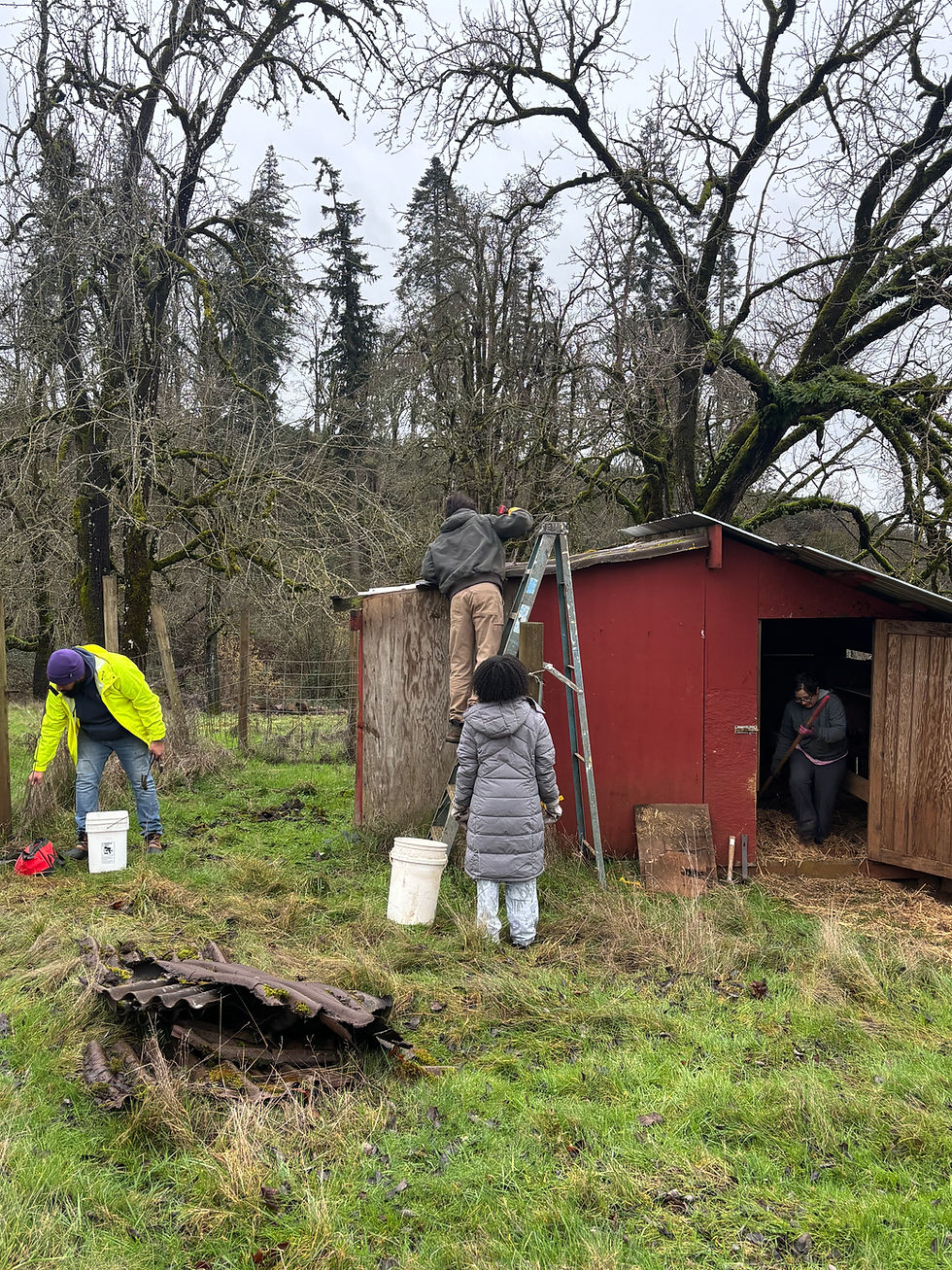Partner Update: Dr. Chung-Ho Lin
- Rose High Bear
- Sep 2, 2023
- 2 min read
Updated: Sep 8, 2023

Dr. Chung-Ho Lin, one of our newest partners at University of Missouri’s Agroforestry Center, has been providing us with opportunities to test the bioactive compounds in the Sambucus nigra ssp Cerulea (blue elderberry) immune boosting and skin products we are developing. He and Postdoctoral Fellow, Isa Kupke, PhD, are conducting some preliminary chemical profiling analyses so we can identify health-promoting compounds in Blue Elderberry and other plant species. Their objective is to assist Native people restore traditional knowledge to create products that they can use to market and achieve social and economic progress.
We are proud to be their partners, especially after learning that Dr. Chung-Ho Lin, who is known at the university as the problem solver, has made discoveries that directly impact environmental and human health in Ukraine. His research on bioremediation is applying decades of research to help Ukrainian farmers restore farmland damaged in the Russian war.
As Russian forces moved through Ukraine, they left farmland riddled with contaminants such as ammunition or propellants either from military operations or where the land was used as a dumping ground. This means TNT and heavy metals like mercury and cadmium are now mixed into the soil. Left as they are, plants growing in that soil would take up those heavy metals and become contaminated themselves.
Currently scientists in Ukraine are extracting organic contaminants from Ukrainian soils and shipping them to Dr. Lin’s lab at Mizzou (University of Missouri). This allows Mizzou researchers to identify and characterize the species of the contaminants, which will help guide what process to use in remediating them, which is the next step.
Lin’s life work just happens to focus on ways to affordably and sustainably remove these kinds of contaminants from soils, and he is part of a working group at Mizzou partnering with the Ukrainian Embassy.
“Imagine if canola oil got contaminated,” Lin said, explaining the potential global impact. “Contaminants tend to end up in the lipids. They tend to be hydrophobic molecules, and they just love fat.” He went on to say, “I’m glad we can be useful and we can use this science to help humanity…. We’ve developed a lot of technology in the lab that I think we can scale up to help the people of Ukraine.”
Lin said. “It fosters this environment where we can work together – biochemistry and plant scientists – and have a global impact even though we are geographically in a college town in the center of the country. This impact has no boundary.”
Read the full article at the University of Missouri website: When science becomes humanitarian





Comments